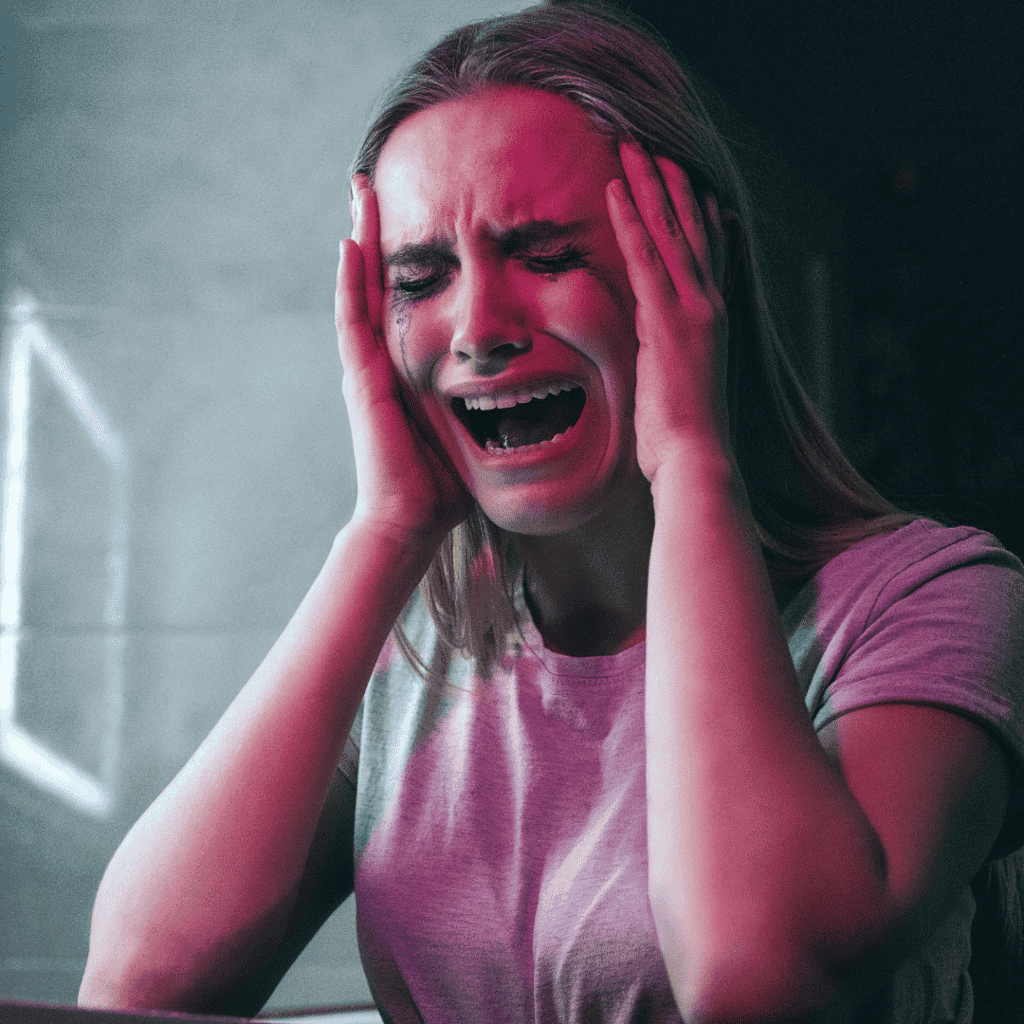mental health
Diseases and Disorders, Mental Health
9 Useful Tools For Anxiety Relief
We have all experienced anxiety during our lives. Most of us are able to cope with stress and anxiety but
Mental Health
Gaslighting in Relationships, Is it Happening to you?
Are you being gaslighted in your relationship?What is gaslighting?How do you stop it? Gaslighting describes a form of manipulation. In



